https://twitter.com/culturaltutor/status/1782900987063115868
To celebrate William Shakespeare's 460th birthday, here are his 46 best (and strangest) insults: pic.twitter.com/jLbx6cduxY
— The Cultural Tutor (@culturaltutor) April 23, 2024
https://twitter.com/culturaltutor/status/1782900987063115868
To celebrate William Shakespeare's 460th birthday, here are his 46 best (and strangest) insults: pic.twitter.com/jLbx6cduxY
— The Cultural Tutor (@culturaltutor) April 23, 2024
Sonnet CXVII
Accuse me thus: that I have scanted all,
Wherein I should your great deserts repay,
Forgot upon your dearest love to call,
Whereto all bonds do tie me day by day;
That I have frequent been with unknown minds,
And given to time your own dear-purchased right;
That I have hoisted sail to all the winds
Which should transport me farthest from your sight.
Book both my wilfulness and errors down,
And on just proof surmise accumulate;
Bring me within the level of your frown,
But shoot not at me in your wakened hate;
Since my appeal says I did strive to prove
The constancy and virtue of your love.
Sonnet CXVIII
Like as, to make our appetites more keen,
With eager compounds we our palate urge;
As, to prevent our maladies unseen,
We sicken to shun sickness when we purge;
Even so, being full of your ne’er-cloying sweetness,
To bitter sauces did I frame my feeding;
And, sick of welfare, found a kind of meetness
To be diseased, ere that there was true needing.
Thus policy in love, to anticipate
The ills that were not, grew to faults assured,
And brought to medicine a healthful state
Which, rank of goodness, would by ill be cured;
But thence I learn and find the lesson true,
Drugs poison him that so fell sick of you.
Sonnet CXIX
What potions have I drunk of Siren tears,
Distilled from limbecks foul as hell within,
Applying fears to hopes, and hopes to fears,
Still losing when I saw myself to win!
What wretched errors hath my heart committed,
Whilst it hath thought itself so blessed never!
How have mine eyes out of their spheres been fitted,
In the distraction of this madding fever!
O benefit of ill! now I find true
That better is by evil still made better;
And ruined love, when it is built anew,
Grows fairer than at first, more strong, far greater.
So I return rebuked to my content,
And gain by ills thrice more than I have spent.
(https://youtu.be/HoesABUuBvI?si=mbwabwIVVaetJbZ3)
Shakespeare
Sonnet CXIV
Or whether doth my mind, being crowned with you,
Drink up the monarch's plague, this flattery?
Or whether shall I say, mine eye saith true,
And that your love taught it this alchemy,
To make of monsters and things indigest
Such cherubins as your sweet self resemble,
Creating every bad a perfect best,
As fast as objects to his beams assemble?
O! 'tis the first, 'tis flattery in my seeing,
And my great mind most kingly drinks it up:
Mine eye well knows what with his gust is 'greeing,
And to his palate doth prepare the cup:
If it be poisoned, 'tis the lesser sin
That mine eye loves it and doth first begin.
Sonnet CXV
Those lines that I before have writ do lie,
Even those that said I could not love you dearer:
Yet then my judgment knew no reason why
My most full flame should afterwards burn clearer.
But reckoning Time, whose million'd accidents
Creep in 'twixt vows, and change decrees of kings,
Tan sacred beauty, blunt the sharp'st intents,
Divert strong minds to the course of altering things;
Alas! why, fearing of Time's tyranny,
Might I not then say, 'Now I love you best,'
When I was certain o'er incertainty,
Crowning the present, doubting of the rest?
Love is a babe, then might I not say so,
To give full growth to that which still doth grow?
Sonnet CXVI
Let me not to the marriage of true minds
Admit impediments. Love is not love
Which alters when it alteration finds,
Or bends with the remover to remove:
O, no! it is an ever-fixed mark,
That looks on tempests and is never shaken;
It is the star to every wandering bark,
Whose worth's unknown, although his height be taken.
Love's not Time's fool, though rosy lips and cheeks
Within his bending sickle's compass come;
Love alters not with his brief hours and weeks,
But bears it out even to the edge of doom.
If this be error and upon me proved,
I never writ, nor no man ever loved.
#Shakespeare (https://youtu.be/SWnAGEfYN_U?si=VLOoFMs5-Vy4NdT6)
(https://youtu.be/1jcXUB-6xUk?si=xXk2hHaalGs2QCe4)
Sonnet CXI
O! for my sake do you with Fortune chide,
The guilty goddess of my harmful deeds,
That did not better for my life provide
Than public means which public manners breeds.
Thence comes it that my name receives a brand,
And almost thence my nature is subdued
To what it works in, like the dyer's hand:
Pity me, then, and wish I were renewed;
Whilst, like a willing patient, I will drink
Potions of eisel 'gainst my strong infection;
No bitterness that I will bitter think,
Nor double penance, to correct correction.
Pity me then, dear friend, and I assure ye,
Even that your pity is enough to cure me.
Sonnet CXII
Your love and pity doth the impression fill,
Which vulgar scandal stamped upon my brow;
For what care I who calls me well or ill,
So you o'er-green my bad, my good allow?
You are my all-the-world, and I must strive
To know my shames and praises from your tongue;
None else to me, nor I to none alive,
That my steeled sense or changes right or wrong.
In so profound abysm I throw all care
Of others' voices, that my adder's sense
To critic and to flatterer stopped are.
Mark how with my neglect I do dispense:
You are so strongly in my purpose bred,
That all the world besides methinks y'are dead.
Sonnet CXIII
Since I left you, mine eye is in my mind;
And that which governs me to go about
Doth part his function and is partly blind,
Seems seeing, but effectually is out;
For it no form delivers to the heart
Of bird, of flower, or shape which it doth latch:
Of his quick objects hath the mind no part,
Nor his own vision holds what it doth catch;
For if it see the rud'st or gentlest sight,
The most sweet favour or deformed'st creature,
The mountain or the sea, the day or night,
The crow, or dove, it shapes them to your feature.
Incapable of more, replete with you,
My most true mind thus maketh mine eye untrue.
Sonnet CVIII
What's in the brain that ink may character
Which hath not figured to thee my true spirit?
What's new to speak, what now to register,
That may express my love, or thy dear merit?
Nothing, sweet boy; but yet, like prayers divine,
I must each day say o'er the very same;
Counting no old thing old, thou mine, I thine,
Even as when first I hallowed thy fair name.
So that eternal love in love's fresh case,
Weighs not the dust and injury of age,
Nor gives to necessary wrinkles place,
But makes antiquity for aye his page;
Finding the first conceit of love there bred,
Where time and outward form would show it dead.
Sonnet CIX
O! never say that I was false of heart,
Though absence seemed my flame to qualify,
As easy might I from my self depart
As from my soul which in thy breast doth lie:
That is my home of love: if I have ranged,
Like him that travels, I return again;
Just to the time, not with the time exchanged,
So that myself bring water for my stain.
Never believe though in my nature reigned,
All frailties that besiege all kinds of blood,
That it could so preposterously be stained,
To leave for nothing all thy sum of good;
For nothing this wide universe I call,
Save thou, my rose, in it thou art my all.
Sonnet CX
Alas! 'tis true, I have gone here and there,
And made my self a motley to the view,
Gored mine own thoughts, sold cheap what is most dear,
Made old offences of affections new;
Most true it is, that I have looked on truth
Askance and strangely; but, by all above,
These blenches gave my heart another youth,
And worse essays proved thee my best of love.
Now all is done, have what shall have no end:
Mine appetite I never more will grind
On newer proof, to try an older friend,
A god in love, to whom I am confined.
Then give me welcome, next my heaven the best,
Even to thy pure and most most loving breast.
(https://youtu.be/eJn45cmRLFY?si=oyoznLqAqdJxBAju)
Wisdom and goodness to the vile seem vile.
Filths savor but themselves.
William Shakespeare (1564-1616) English dramatist and poet
King Lear, Act 4, sc. 2, l. 47ff (4.2.47-48) [Albany] (1606)
#quote #quotes #quotation #corrupt #corruption #debased #evil #goodness #perspective #vice #virtue #wisdom #Shakespeare
Sourcing / notes: https://wist.info/shakespeare-william/3570/

Sonnet CII
My love is strengthened, though more weak in seeming;
I love not less, though less the show appear;
That love is merchandized, whose rich esteeming,
The owner’s tongue doth publish every where.
Our love was new, and then but in the spring,
When I was wont to greet it with my lays;
As Philomel in summer’s front doth sing,
And stops his pipe in growth of riper days:
Not that the summer is less pleasant now
Than when her mournful hymns did hush the night,
But that wild music burthens every bough,
And sweets grown common lose their dear delight.
Therefore like her, I sometime hold my tongue:
Because I would not dull you with my song.
Sonnet CIII
Alack! what poverty my Muse brings forth,
That having such a scope to show her pride,
The argument all bare is of more worth
Than when it hath my added praise beside!
O! blame me not, if I no more can write!
Look in your glass, and there appears a face
That over-goes my blunt invention quite,
Dulling my lines, and doing me disgrace.
Were it not sinful then, striving to mend,
To mar the subject that before was well?
For to no other pass my verses tend
Than of your graces and your gifts to tell;
And more, much more, than in my verse can sit,
Your own glass shows you when you look in it.
Sonnet CIV
To me, fair friend, you never can be old,
For as you were when first your eye I ey'd,
Such seems your beauty still. Three winters cold,
Have from the forests shook three summers' pride,
Three beauteous springs to yellow autumn turned,
In process of the seasons have I seen,
Three April perfumes in three hot Junes burned,
Since first I saw you fresh, which yet are green.
Ah! yet doth beauty like a dial-hand,
Steal from his figure, and no pace perceived;
So your sweet hue, which methinks still doth stand,
Hath motion, and mine eye may be deceived:
For fear of which, hear this thou age unbred:
Ere you were born was beauty's summer dead.
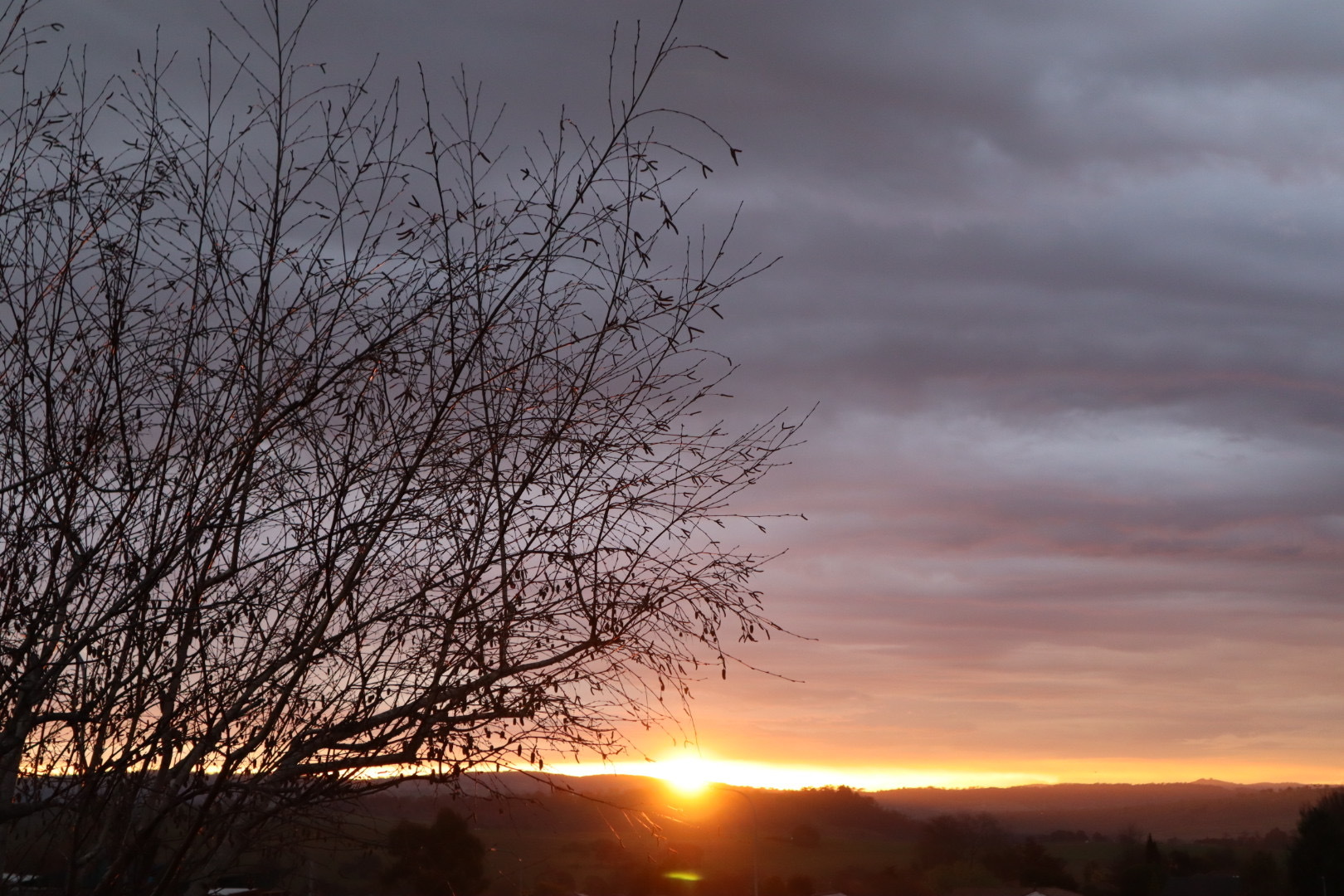
Shakespeare
Sonnet: XCVI
Some say thy fault is youth, some wantonness;
Some say thy grace is youth and gentle sport;
Both grace and faults are lov'd of more and less:
Thou mak'st faults graces that to thee resort.
As on the finger of a throned queen
The basest jewel will be well esteem'd,
So are those errors that in thee are seen
To truths translated, and for true things deem'd.
How many lambs might the stern wolf betray,
If like a lamb he could his looks translate!
How many gazers mightst thou lead away,
If thou wouldst use the strength of all thy state!
But do not so, I love thee in such sort,
As thou being mine, mine is thy good report.
Sonnet: C
Where art thou Muse that thou forget'st so long,
To speak of that which gives thee all thy might?
Spend'st thou thy fury on some worthless song,
Darkening thy power to lend base subjects light?
Return forgetful Muse, and straight redeem,
In gentle numbers time so idly spent;
Sing to the ear that doth thy lays esteem
And gives thy pen both skill and argument.
Rise, resty Muse, my love's sweet face survey,
If Time have any wrinkle graven there;
If any, be a satire to decay,
And make Time's spoils despised every where.
Give my love fame faster than Time wastes life,
So thou prevent'st his scythe and crooked knife.
Sonnet: CI
O truant Muse what shall be thy amends
For thy neglect of truth in beauty dyed?
Both truth and beauty on my love depends;
So dost thou too, and therein dignified.
Make answer Muse: wilt thou not haply say,
'Truth needs no colour, with his colour fixed;
Beauty no pencil, beauty's truth to lay;
But best is best, if never intermixed'?
Because he needs no praise, wilt thou be dumb?
Excuse not silence so, for't lies in thee
To make him much outlive a gilded tomb
And to be praised of ages yet to be.
Then do thy office, Muse; I teach thee how
To make him seem, long hence, as he shows now.
(https://youtu.be/ORJ-dR73MWQ?si=TVBO3s-SvbBruku3)
In case you missed it...
#DeathSantis has given #Leprosy the "freedom" to return, to his anti-vax #Florida .
Another highly communicable - and spreading disease he can ignore or help, as he did with #TrumpVirus 1 (COVID-19)
On top of #TrumpVirus, #COVID, & #malaria!
This is real...
So come on down! Guns, gators, #malaria mosquitos & leprosy, but no #woke in #FL ! Yee-haw! Freedom! Go #GQP
No wokeness here! No science, #Shakespeare, #AP #psychology, #history, teachers, doctors, insurance, farm workers, or corporate/hospitality growth plans either... But lots of sunshine! And the warm glow of the governor's plans for the future...
#censorship #shakespeare
https://www.dailykos.com/stories/2023/8/9/2186002/-Oh-Romeo-thou-art-too-raunchy-for-some-Florida-schools-fearful-of-DeSantis
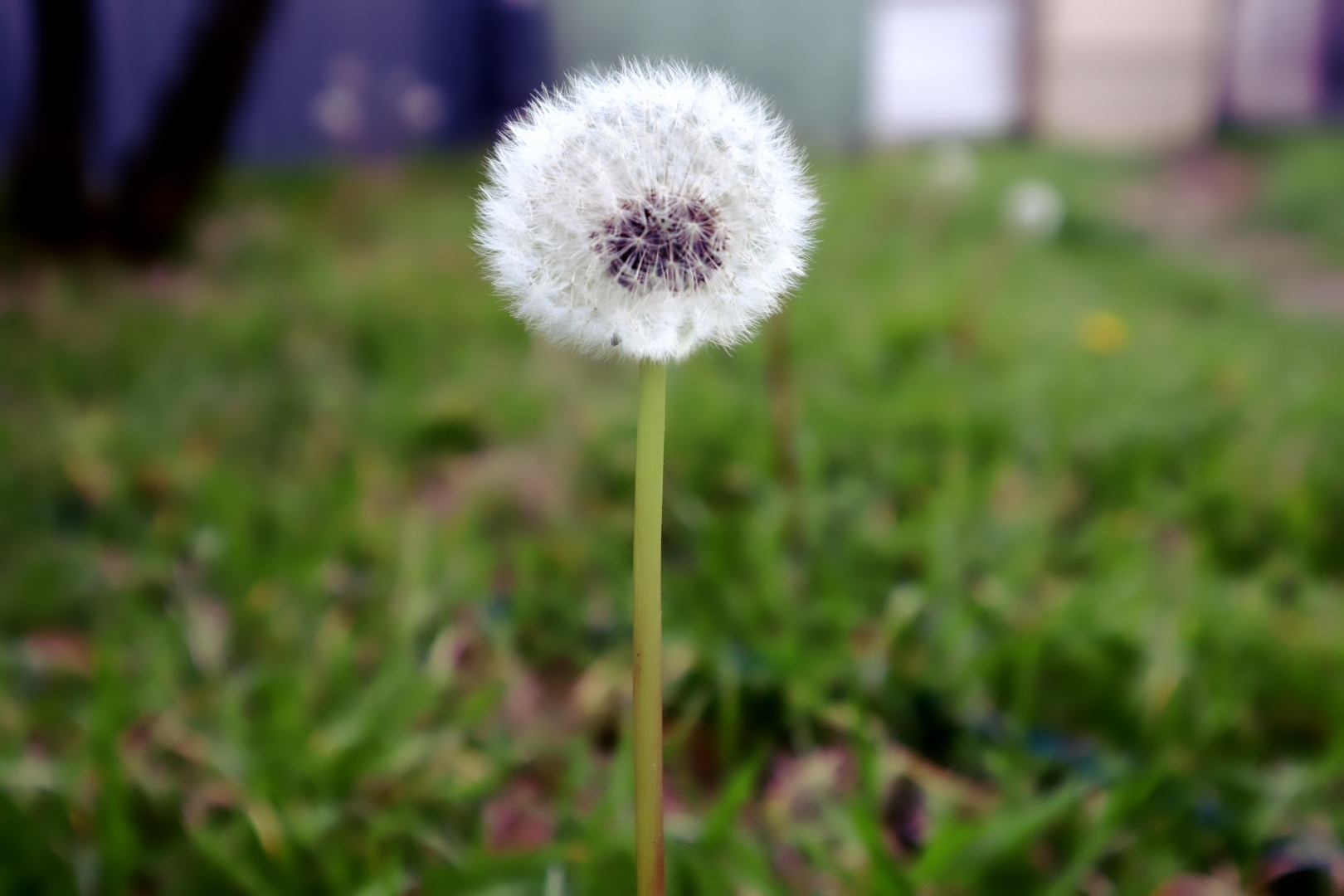
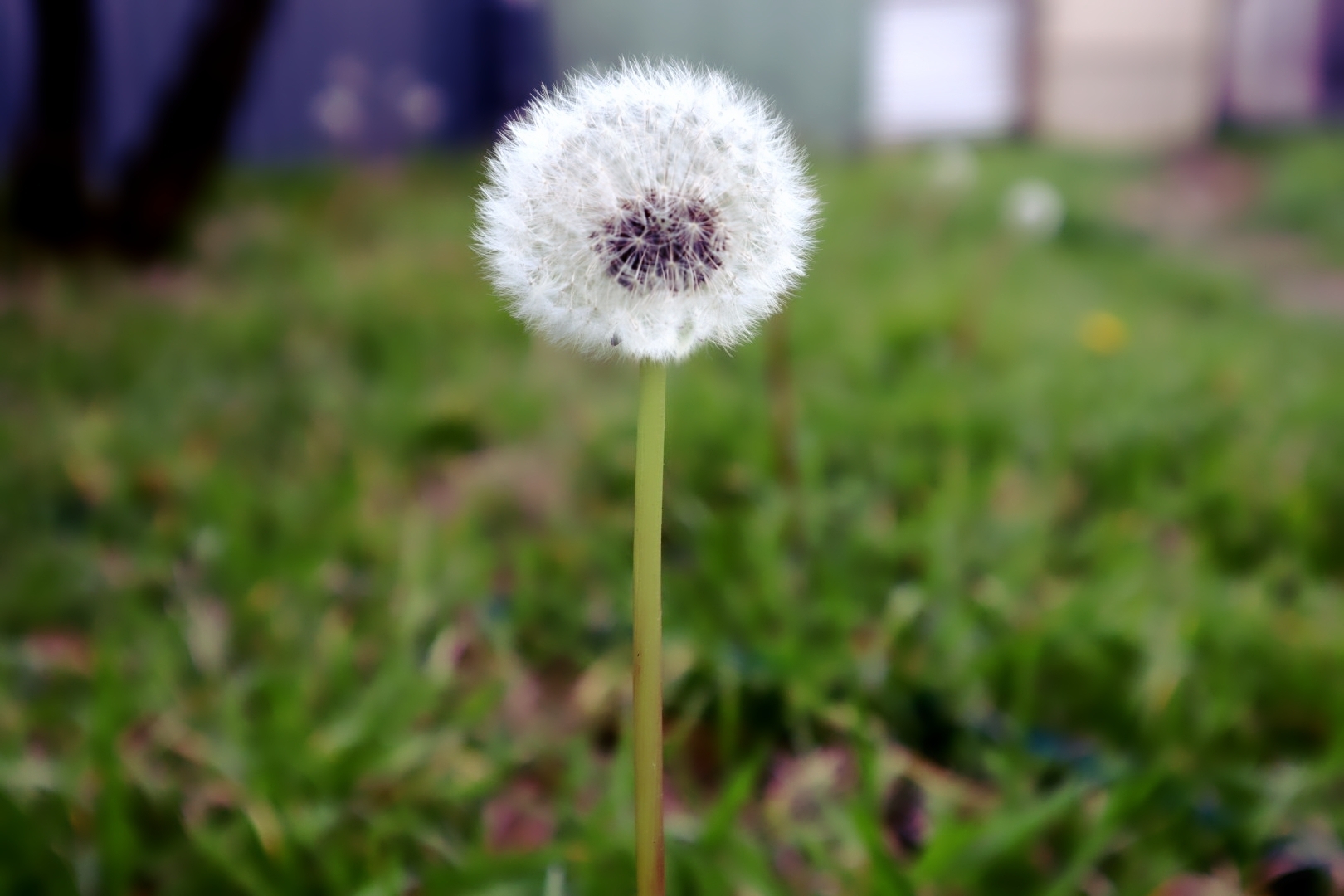
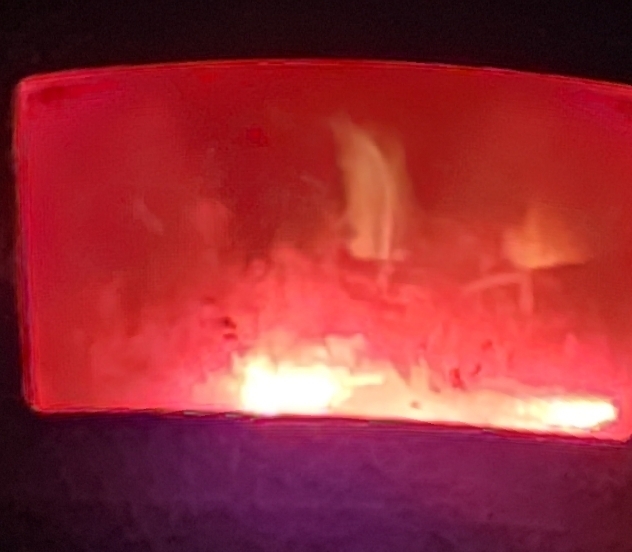
~Kan-ga-roo~
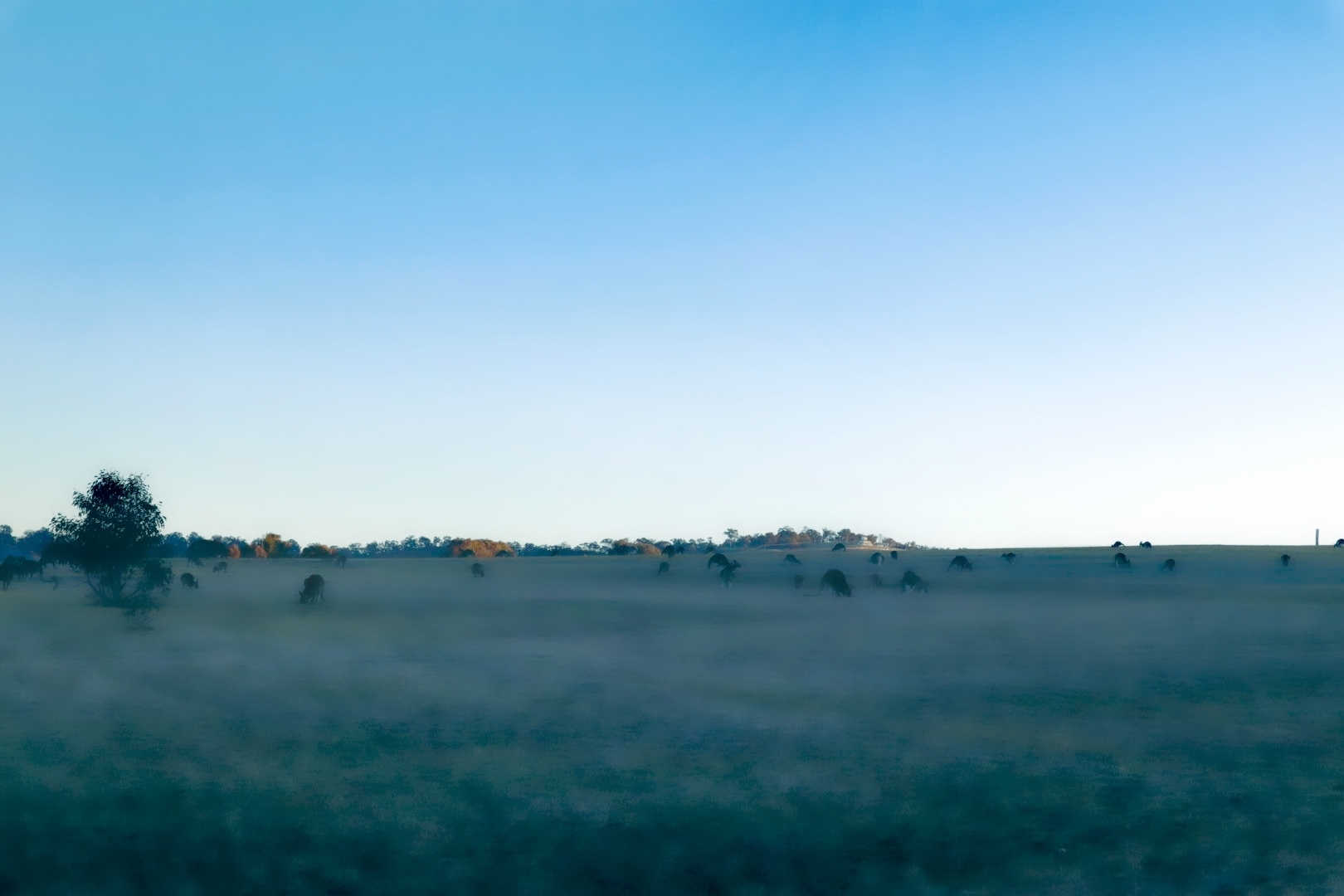

Sonnet XCVII
How like a winter hath my absence been
From thee, the pleasure of the fleeting year!
What freezings have I felt, what dark days seen!
What old December's bareness everywhere!
And yet this time removed was summer's time;
The teeming autumn, big with rich increase,
Bearing the wanton burden of the prime,
Like widow'd wombs after their lords' decease:
Yet this abundant issue seemed to me
But hope of orphans, and unfathered fruit;
For summer and his pleasures wait on thee,
And, thou away, the very birds are mute:
Or, if they sing, 'tis with so dull a cheer,
That leaves look pale, dreading the winter's near.
Sonnet XCVIII
From you have I been absent in the spring,
When proud pied April, dressed in all his trim,
Hath put a spirit of youth in every thing,
That heavy Saturn laughed and leapt with him.
Yet nor the lays of birds, nor the sweet smell
Of different flowers in odour and in hue,
Could make me any summer's story tell,
Or from their proud lap pluck them where they grew:
Nor did I wonder at the lily's white,
Nor praise the deep vermilion in the rose;
They were but sweet, but figures of delight,
Drawn after you, you pattern of all those.
Yet seemed it winter still, and you away,
As with your shadow I with these did play.
Sonnet LXIX
Those parts of thee that the world's eye doth view
Want nothing that the thought of hearts can mend;
All tongues, the voice of souls, give thee that due,
Uttering bare truth, even so as foes commend.
Thy outward thus with outward praise is crown'd;
But those same tongues, that give thee so thine own,
In other accents do this praise confound
By seeing farther than the eye hath shown.
They look into the beauty of thy mind,
And that in guess they measure by thy deeds;
Then, churls, their thoughts, although their eyes were kind,
To thy fair flower add the rank smell of weeds:
But why thy odour matcheth not thy show,
The soil is this, that thou dost common grow.
William Shakespeare
Sonnet XCIII
So shall I live, supposing thou art true,
Like a deceived husband; so love's face
May still seem love to me, though altered new;
Thy looks with me, thy heart in other place:
For there can live no hatred in thine eye,
Therefore in that I cannot know thy change.
In many's looks, the false heart's history
Is writ in moods, and frowns, and wrinkles strange.
But heaven in thy creation did decree
That in thy face sweet love should ever dwell;
Whate'er thy thoughts, or thy heart's workings be,
Thy looks should nothing thence, but sweetness tell.
How like Eve's apple doth thy beauty grow,
If thy sweet virtue answer not thy show!
Sonnet XCIV
They that have power to hurt, and will do none,
That do not do the thing they most do show,
Who, moving others, are themselves as stone,
Unmoved, cold, and to temptation slow;
They rightly do inherit heaven's graces,
And husband nature's riches from expense;
They are the lords and owners of their faces,
Others, but stewards of their excellence.
The summer's flower is to the summer sweet,
Though to itself, it only live and die,
But if that flower with base infection meet,
The basest weed outbraves his dignity:
For sweetest things turn sourest by their deeds;
Lilies that fester, smell far worse than weeds.
Sonnet XCV
How sweet and lovely dost thou make the shame
Which, like a canker in the fragrant rose,
Doth spot the beauty of thy budding name!
O! in what sweets dost thou thy sins enclose.
That tongue that tells the story of thy days,
Making lascivious comments on thy sport,
Cannot dispraise, but in a kind of praise;
Naming thy name blesses an ill report.
O! what a mansion have those vices got
Which for their habitation chose out thee,
Where beauty's veil doth cover every blot
And all things turns to fair that eyes can see!
Take heed, dear heart, of this large privilege;
The hardest knife ill-used doth lose his edge.
(https://youtu.be/xhTpGZUMaWk)
Sonnet XC
Then hate me when thou wilt; if ever, now;
Now, while the world is bent my deeds to cross,
Join with the spite of fortune, make me bow,
And do not drop in for an after-loss:
Ah! do not, when my heart hath 'scaped this sorrow,
Come in the rearward of a conquered woe;
Give not a windy night a rainy morrow,
To linger out a purposed overthrow.
If thou wilt leave me, do not leave me last,
When other petty griefs have done their spite,
But in the onset come: so shall I taste
At first the very worst of fortune's might;
And other strains of woe, which now seem woe,
Compared with loss of thee, will not seem so.
Sonnet XCI
Some glory in their birth, some in their skill,
Some in their wealth, some in their body's force,
Some in their garments though new-fangled ill;
Some in their hawks and hounds, some in their horse;
And every humour hath his adjunct pleasure,
Wherein it finds a joy above the rest:
But these particulars are not my measure,
All these I better in one general best.
Thy love is better than high birth to me,
Richer than wealth, prouder than garments' cost,
Of more delight than hawks and horses be;
And having thee, of all men's pride I boast:
Wretched in this alone, that thou mayst take
All this away, and me most wretched make.
Sonnet XCII
But do thy worst to steal thyself away,
For term of life thou art assured mine;
And life no longer than thy love will stay,
For it depends upon that love of thine.
Then need I not to fear the worst of wrongs,
When in the least of them my life hath end.
I see a better state to me belongs
Than that which on thy humour doth depend:
Thou canst not vex me with inconstant mind,
Since that my life on thy revolt doth lie.
O what a happy title do I find,
Happy to have thy love, happy to die!
But what's so blessed-fair that fears no blot?
Thou mayst be false, and yet I know it not.
https://youtu.be/1dSsSvYVjtQ #Shakespeare